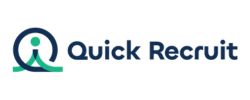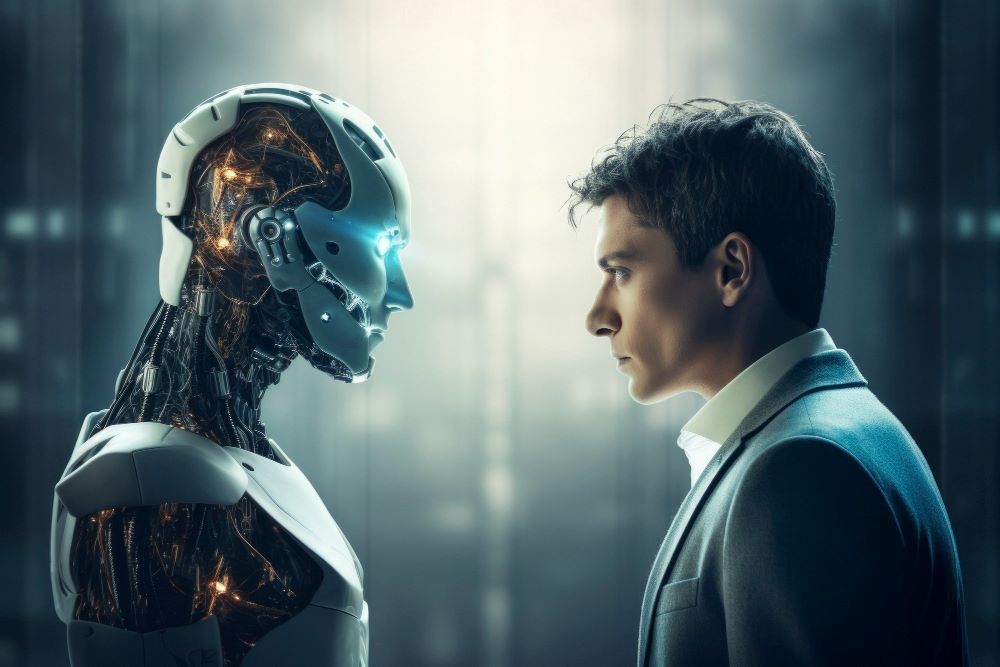Introduction
Recruitment has evolved dramatically in the past decade. Companies no longer rely solely on job boards and traditional hiring methods. Instead, AI, data, and hiring technology are transforming the way organizations attract, assess, and hire top talent.
In today’s competitive job market, speed and accuracy are critical. Research shows that top candidates are off the market within 10 days. Yet, the average hiring process takes around 36 days, causing companies to lose exceptional talent. This gap highlights why businesses need AI-powered hiring solutions to stay ahead.
Let’s explore how AI, data, and hiring technology make recruitment faster, smarter, and more cost-effective.
The Challenges of Traditional Hiring
Traditional recruitment processes come with several pain points, making it harder for businesses to find and retain the right talent. Some key challenges include:
1. Time-Consuming Processes
Hiring manually involves reviewing countless resumes, scheduling interviews, and assessing candidates. Recruiters spend 13 hours per week sourcing candidates for a single role, which slows down hiring and increases workload.
2. High Costs of Recruitment
The cost of hiring a new employee in the U.S. averages around $4,700. This includes advertising, recruiter salaries, assessments, and onboarding. A poor hire can cost businesses up to 30% of the employee’s annual salary.
3. Bias and Subjectivity
Unconscious bias in hiring leads to a lack of diversity and potential legal risks. Studies reveal that 75% of hiring managers have made hiring decisions based on gut feelings rather than structured assessments.
4. Limited Access to Top Talent
Without AI and data-driven hiring, companies may struggle to reach passive candidates who make up 70% of the global workforce.
How AI Transforms Recruitment

AI is revolutionizing recruitment by automating repetitive tasks and improving decision-making. Here’s how:
1. Automated Resume Screening
AI-powered tools scan and rank resumes based on skills, experience, and job fit. This reduces manual screening time by 75%.
2. AI Chatbots for Candidate Engagement
Recruitment chatbots can answer queries, schedule interviews, and assess initial candidate suitability, improving response rates by 50%.
3. Predictive Analytics for Better Hiring
AI-driven analytics help recruiters predict candidate success by analyzing past hiring data. Companies using predictive hiring see a 20% improvement in employee retention.
4. Reducing Unconscious Bias
AI removes gender, ethnicity, and age-related identifiers from resumes, ensuring fair hiring decisions. Research indicates that AI-assisted hiring increases workplace diversity by 35%.
Leveraging Data for Smarter Hiring Decisions
Data-driven recruitment enhances the quality of hires and reduces turnover. Companies that utilize hiring analytics experience two times better hiring outcomes than those that don’t.
1. Importance of Data-Driven Recruitment
Data helps recruiters measure job market trends, optimize job descriptions, and track hiring efficiency. 73% of HR leaders say data improves hiring decisions significantly.
2. How Analytics Improve Candidate Quality
AI-based assessments analyze candidates’ cognitive abilities, skills, and behavioral traits. This method predicts job success 85% more accurately than resumes alone.
3. Real-World Success Stories
Companies like Google use data-driven hiring models, leading to 50% higher employee productivity and improved retention rates.
Game-Changing Hiring Technologies

The right tools can significantly enhance recruitment efficiency. Here are some must-have hiring technologies:
1. Applicant Tracking Systems (ATS)
An ATS streamlines job posting, candidate screening, and interview scheduling. 98% of Fortune 500 companies use an ATS to manage hiring.
2. AI-Driven Interview Platforms
AI-based video interview tools assess facial expressions, voice tone, and response quality, improving hiring accuracy by 30%.
3. Skill Assessments & Coding Tests
Pre-hire skill assessments ensure candidates meet job requirements. Companies using these tests reduce bad hires by 40%.
4. Collaborative Hiring Tools
Team collaboration platforms allow multiple stakeholders to evaluate candidates, leading to more informed hiring decisions and 15% higher retention rates.
Benefits of AI & Technology for Employers & Job Seekers
AI and hiring technology offer advantages for both recruiters and candidates:
1. Faster Time-to-Hire
AI reduces the average hiring time from 36 days to under 10 days, ensuring companies secure top talent before competitors.
2. Enhanced Candidate Experience
Personalized job recommendations, chatbots, and AI-driven career guidance improve candidate engagement by 40%.
3. Increased Diversity & Inclusion
Data-driven hiring removes bias, leading to 20% more diverse workforces.
Implementing AI & Hiring Technology in Your Recruitment Process
Adopting AI-driven recruitment solutions requires strategic planning. Follow these steps:
1. Identify Recruitment Pain Points
Assess where your hiring process is slow or inefficient to determine the best AI solution.
2. Choose the Right Tools
Invest in AI-powered ATS, chatbots, and skill assessments tailored to your hiring needs.
3. Train Your Team
Ensure recruiters and hiring managers understand how to use AI tools effectively.
4. Monitor & Optimize
Continuously track recruitment performance using data analytics and make necessary adjustments.
Avoiding Common Pitfalls
- Don’t over-rely on AI human judgment remains essential.
- Ensure AI tools comply with ethical hiring practices.
- Keep candidates informed about AI-driven assessments to maintain transparency.
Future Trends in AI & Hiring Technology
The hiring industry continues to evolve with emerging technologies. Here’s what to expect:
1. AI-Driven Skill Matching
AI will enhance job-candidate matching, increasing hiring success rates by 50%.
2. Evolution of Remote Hiring & Virtual Assessments
Video interviews and remote onboarding will become the standard, with 80% of companies adopting these practices.
3. Ethical AI & Responsible Hiring
Companies will focus on developing unbiased AI algorithms and ensuring data privacy in hiring.
Conclusion
AI, data, and hiring technology are transforming recruitment by making it faster, fairer, and more efficient. Companies leveraging these tools experience reduced hiring costs, improved diversity, and enhanced candidate experiences.
Ready to revolutionize your hiring process? Quick Recruit is here to help. Our AI-driven recruitment platform enables businesses to hire faster and smarter. Explore our solutions today and take your hiring to the next level!



